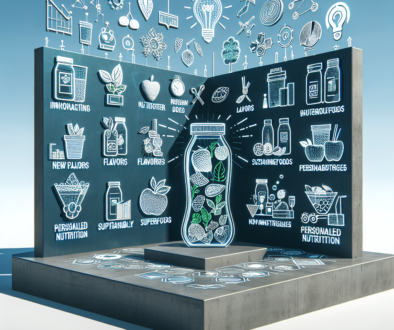Redox Factor 1 Promotes Proliferation Of Neonatal Rat Cardiac Fibroblasts
Keywords
Keywords Redox Factor 1, Fibroblasts, Cell Proliferation, Collagen
Abstract
Objective: To study the effect of redox factor 1 (ref1) on the proliferation and collagen synthesis of neonatal rat cardiac fibroblasts and its possible mechanism. Methods: In order to confirm the role of ref1 in the proliferation and collagen synthesis of neonatal mouse cardiac fibroblasts, recombinant ref1 wild-type and mutant adenoviral vectors were constructed to infect neonatal mouse cardiac fibroblasts. Changes in the expression of ref1 and genes related to collagen synthesis were detected by RT-PCR and western blotting, ref1 nuclear translocation was detected by immunofluorescence, cell proliferation and cell cycle were analyzed by MTT and flow cytometry, and electrophoretic mobility shift assay was used , EMSA) to detect the effect of ref1 on the DNA binding ability of the transcription factor activator protein 1 (AP1). A medium containing 25 mmol/l glucose was used to simulate a high-glucose environment, and the effects on the proliferation and ref1 expression and activity of neonatal mouse cardiac fibroblasts were observed. Results: MTT colorimetry showed that the optical density value at 490nm of cells infected with wild-type ref1 recombinant adenovirus was significantly higher than that of the control virus group (0.671¡À0.044vs0.364¡À0.007, n=6, p<0.01). Analysis of the cell cycle by flow cytometry showed that wild-type ref1 could significantly increase the percentage of S-phase cells (16.8%¡À0.62% vs 9.04%¡À0.43%, n=3, p<0.05). RTª²PCR detection found that wild-type ref1 promoted the increased expression of collagen type I (collageni, col¢¡) and collagen type ¢£ (collagen ¢£, col¢£) mRNA in cells, but mutant ref1 had no obvious effect on cell proliferation and collagen synthesis. EMSA experimental results show that cells infected with wild-type ref1 recombinant adenovirus have enhanced DNA binding ability of ap1. Culture of neonatal mouse cardiac fibroblasts in high-glucose medium can also enhance the DNA-binding ability of ap1. Although high-glucose culture had no effect on the expression level of ref1, it enhanced the nuclear translocation of ref1 in cells and promoted cell proliferation. Conclusion: ref1 promotes the proliferation and collagen synthesis of neonatal mouse cardiac fibroblasts, and the mechanism may be by upregulating the DNA binding ability of AP1. For further information of this article and research, feel free to contact our team for asssitance. Original research was done by Geng Yan, Li Tao, Hu Xiaoqing, Zhang Chenguang, Chen Ping, Ma Kangtao, Zhou Chunyan
About ETChem
ETChem, a reputable Chinese Collagen factory manufacturer and supplier, is renowned for producing, stocking, exporting, and delivering the highest quality collagens. They include marine collagen, fish collagen, bovine collagen, chicken collagen, type I collagen, type II collagen and type III collagen etc. Their offerings, characterized by a neutral taste, and instant solubility attributes, cater to a diverse range of industries. They serve nutraceutical, pharmaceutical, cosmeceutical, veterinary, as well as food and beverage finished product distributors, traders, and manufacturers across Europe, USA, Canada, Australia, Thailand, Japan, Korea, Brazil, and Chile, among others.
ETChem specialization includes exporting and delivering tailor-made collagen powder and finished collagen nutritional supplements. Their extensive product range covers sectors like Food and Beverage, Sports Nutrition, Weight Management, Dietary Supplements, Health and Wellness Products, ensuring comprehensive solutions to meet all your protein needs.
As a trusted company by leading global food and beverage brands and Fortune 500 companies, ETChem reinforces China’s reputation in the global arena. For more information or to sample their products, please contact them and email karen(at)et-chem.com today.



